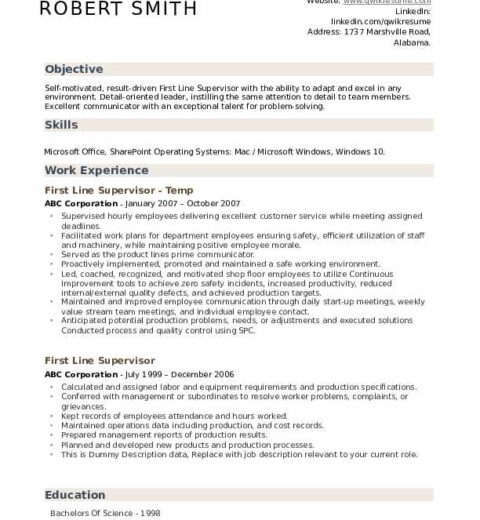When traversing the labyrinthine paths of the job market, one encounters numerous hurdles, among which the spelling of the term “résumé” often emerges as a contentious point. Many applicants grapple with whether to employ accents or not, unwittingly jeopardizing the impression they convey to potential employers. This article aims to unravel the intricacies surrounding the spelling of “résumé” and offer insight into its correct usage in job applications.
The term “résumé” originates from the French language, where it signifies a summary of one’s professional experience, education, and qualifications. This etymological background showcases its importance in the context of job applications. The accented version—“résumé”—is considered the formal and correct spelling, particularly in professional documents. Conversely, “resume” without accents also exists in English, but it refers to the act of continuing or starting something again, creating ambiguous meanings that should be avoided in a job application context.
To elucidate further, let’s dissect the spelling variations and their implications. The use of accents in “résumé” is not merely a matter of aesthetic preference; it carries significant weight in terms of conveying professionalism and adherence to convention. Moreover, using the correct form can influence hiring managers’ perceptions of an applicant’s attention to detail, an essential trait in most professions.
Despite the established norm of using “résumé,” many job seekers opt for the unaccented version, whether out of ignorance or a desire for convenience. However, this approach can be detrimental. Many employers appreciate precision in language, viewing it as indicative of the candidate’s diligence. A resume with accents not only reflects linguistic correctness but also aligns with professional standards more closely associated with the document’s French origins.
In the United States, the trend has gradually shifted towards accepting “resume” without accents in informal contexts, particularly on online platforms or within certain industries such as tech. Nevertheless, adhering to the traditional spelling when submitting formal documents is advisable. The nuanced distinctions emphasized when employing the accent mark—whether subtle or pronounced—can significantly affect how applicants are perceived.
Furthermore, consistent usage of “résumé” can set candidates apart in competitive job markets. By employing the correct terminology, applicants signal their respect for linguistic craftsmanship and their understanding of professional standards, which can resonate well with employers who prioritize attention to detail. Even minor errors can become tipping points in a pool of otherwise qualified candidates. In essence, proper spelling may be the differentiator that secures an interview or even a job offer.
In terms of formatting, there are generally two recognized types of résumés: chronological and functional. The chronological résumé lists experiences and education in reverse chronological order, allowing hiring managers to discern a candidate’s career trajectory at a glance. In contrast, the functional résumé emphasizes skills and qualifications, which is particularly beneficial for those with non-traditional career paths or gaps in employment. Regardless of the type utilized, all variations should consistently maintain the correct spelling of “résumé” throughout.
Another consideration is the digitization of job applications. Online submissions often lead candidates to overlook formatting nuances, which can result in the unintentional omission of accents. To maintain professionalism, applicants should ensure that electronic résumés retain proper formatting. Utilizing document editors with robust spell-check capabilities can help mitigate these pitfalls. It is also prudent to save and submit résumés in PDF format, ensuring that the original formatting remains intact across different platforms and devices.
Employers often employ applicant tracking systems (ATS) that parse digital resumes, searching for specific keywords. Hence, including the word “résumé” with the accent can help ensure the document is appropriately indexed. However, it is equally essential to use this term contextually, ensuring that it fits naturally within the broader content of the résumé, such as in the header or section titles.
In conclusion, while the discrepancy between “résumé” and “resume” may seem trivial to some, its implications within the job application process are profound. Proper spelling signifies professionalism, attention to detail, and respect for the conventions that govern the hiring landscape. Being meticulous about such nuances reflects significantly on an applicant’s character and can impact their progress in the competitive job market. Candidates are encouraged to devote the same attention to detail in their résumés as they would in their professional careers, ensuring they present themselves in the best possible light.
In summary, always opt for the accented “résumé” when preparing your job application materials. Ensure your documents follow the appropriate professional conventions and avoid any ambiguity in interpretation. Through diligence and careful presentation, job seekers can enhance their prospects and navigate the employment realm with greater confidence.




